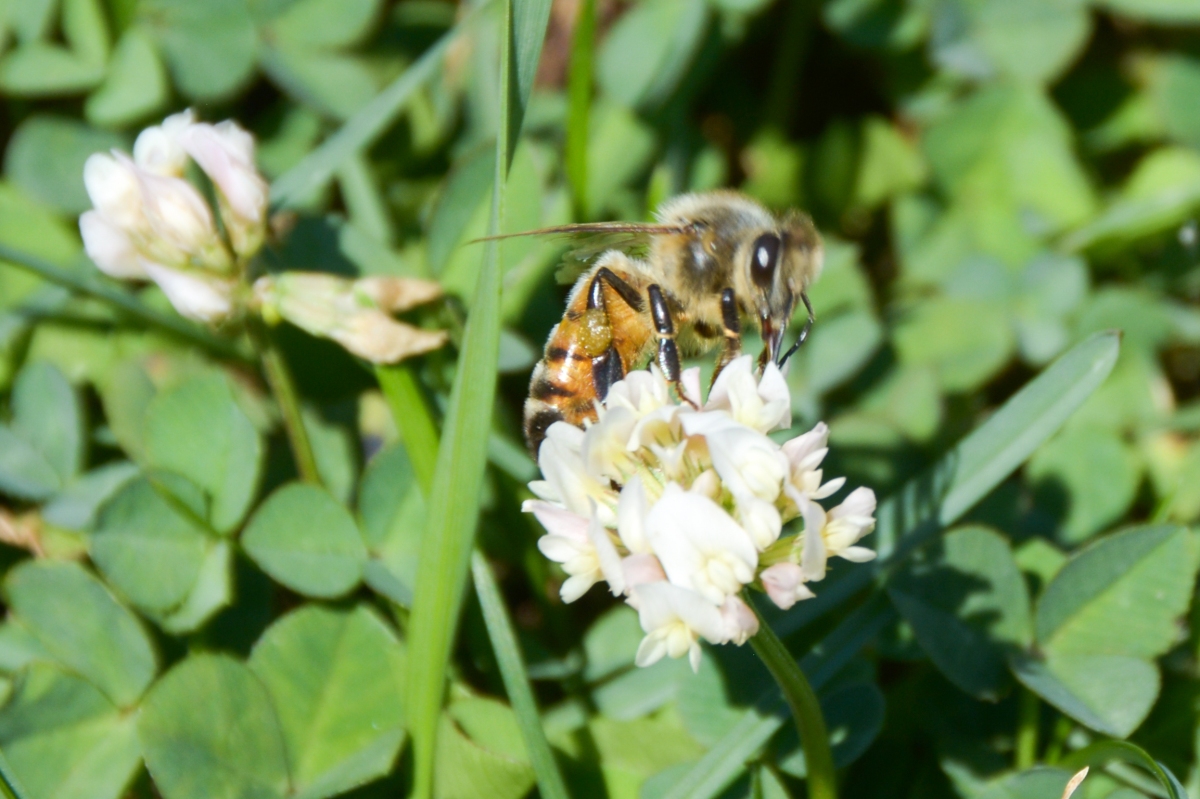Prepared by Kim Perrotta, MHSc, Executive Director, CAPE
Governments around the world must ban neonic pesticides without delay. This is the message of the Task Force on Systemic Pesticides (TFSP) which released the second edition of the report, Worldwide Integrated Assessment of the Effects of Systemic Pesticides on Biodiversity and Ecosystems in mid-September.
The new report, which captures more than 500 scientific studies published since the first TFSP report was published in 2014, finds deeper and broader evidence of harm to ecoystems around the world due to neonic pesticides It reinforces the conclusions of the earlier report: neonics, and the closely related pesticide fipronil, represent a major threat to biodiversity and ecosystem services.
Neonic pesticides are systemic pesticides that become absorbed into all of the tissues of a plant; the stem, leaves, flowers, and pollen. Introduced in the early 1990s, neonics are the most widely used insecticides in the world today. The new TFSP report confirms that chronic exposure to very low levels of neonic pesticides increases the death rates of living organisms.
The report documents a broad array of harmful impacts on bees including reduced rates of reproduction and bee colony growth. It provides greater evidence that systemic pesticides harm a number of beneficial animals including worms that help recycle nutrients in the soil, aquatic insects that recycle nutrients in water systems, insects that prey on crop pests, insects that pollinate plants, common birds, and bats. In other words, these pesticides are undermining the ecosystems upon which all life is dependent.
Eight different neonic products are registered for use in Canada. In November 2016, Health Canada’s Pest Management Regulatory Agency (PMRA) proposed phasing out the use of one of the eight – imacloprid – over a three to five year period. It has also initiated special reviews on two of the other neonics that are widely used in agriculture – clothianidin and thiamethoxam.
The European Union imposed a moratorium on several neonic pesticides in 2013. In July 2015, Ontario became the first jurisdiction in North America to limit the use of neonics for agricultural purposes. This year, France passed a new law to ban all agricultural uses of neonic pesticides starting in September 2018. Let the Federal Minister of Health know that she should accelerate the phase-out of imacloprid and all other neonic pesticides that are registered for use in Canada at: Ginette.PetitpasTaylor@parl.gc.ca.
Other Blogs on this topic:
https://physiciansfortheenvironment.wordpress.com/2017/02/23/neonics-its-bigger-than-the-bees/

Thanks for sharing this. I dedicated a month last year to researching this topic and objectively evaluating the literature evidence (both for and against neoincs being harmful) and came to the conclusion that there should be no doubt that they pose a serious threat. Please check it out if you get a chance – here is Part 3, which looks at the broader picture of the impact of neoincs on other insects (such as bumble bees) and the impact of industrial agriculture in general. https://greenstarsproject.org/2017/05/15/bumble-bees-neonics-fungicides-pesticides-allee/
LikeLike
Hi.
WHy is it taking so long to banish neonics, these most dangerous pesticides? Recent studiess, that you should know about , recommend that all pesticides should be banned because they are NOT needed to produce ample food and they also part of the toxic soup we breathe every day that leads to shorter life spans. It’s time to move ASAP stop the destruction of our living environment.
LikeLike